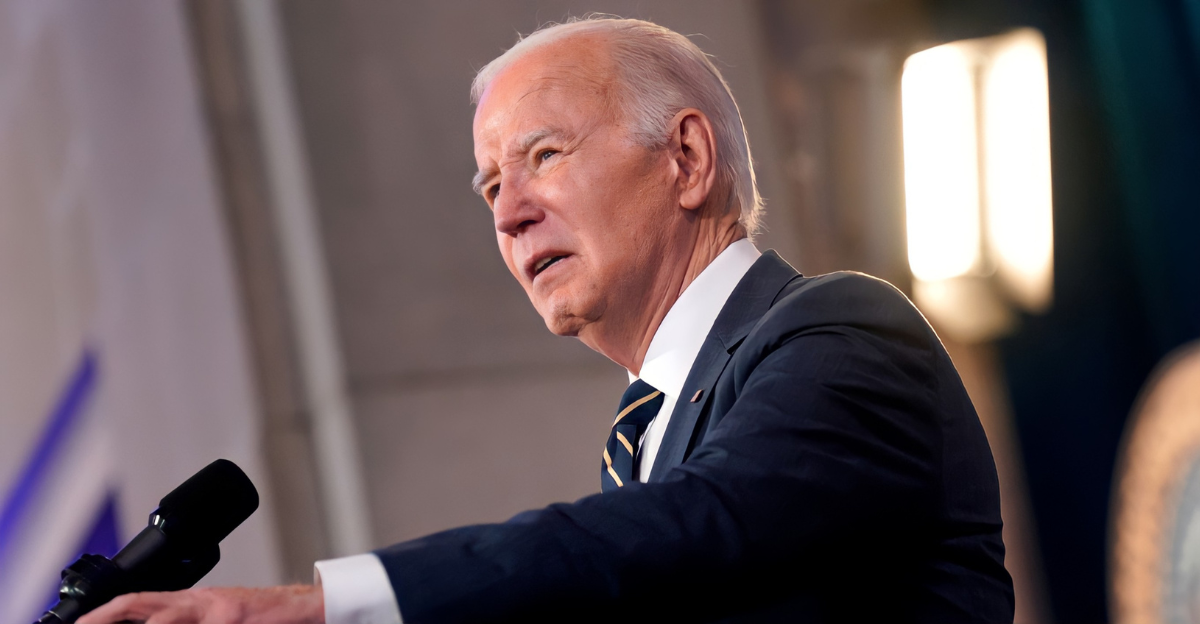
A bombshell disclosure has thrust the debate over government influence on social media back into the spotlight. Alphabet, Google’s parent company, recently acknowledged facing sustained pressure from the Biden administration to remove thousands of videos from YouTube, marking a significant revelation about behind-the-scenes government involvement in content moderation decisions.
Tech Companies Under Fire for Content Decisions
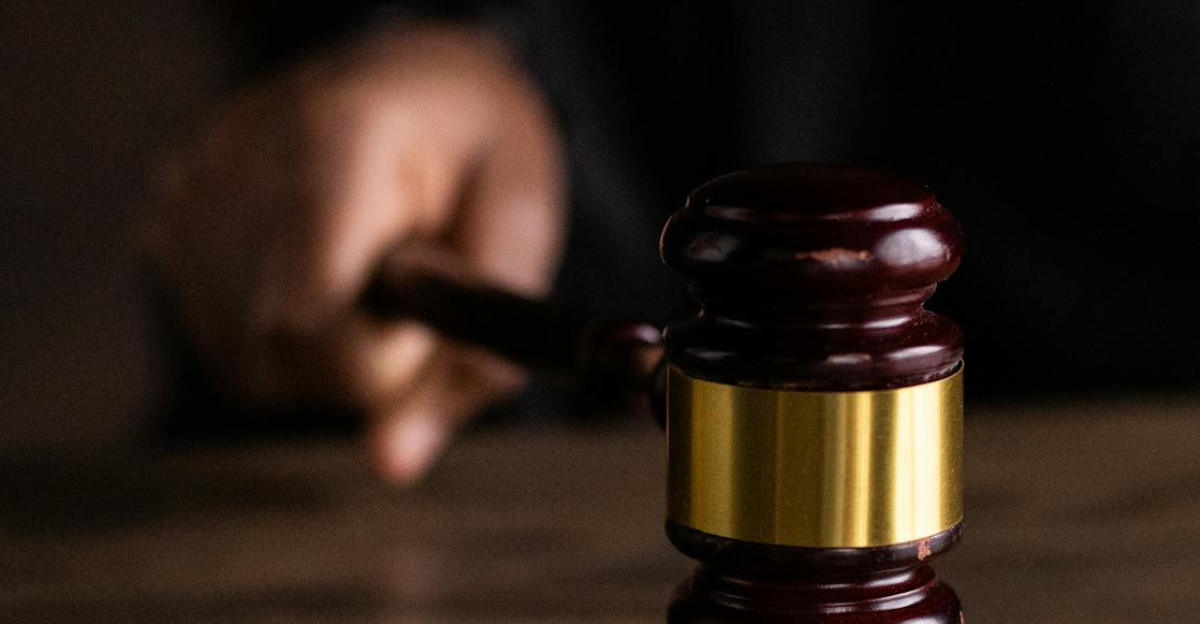
The admission comes as scrutiny of Big Tech’s role in political speech reaches new heights. Congressional investigations and multiple lawsuits have targeted major platforms for alleged censorship practices, particularly concerning COVID-19 information and 2020 election content. Companies like YouTube now face mounting pressure from lawmakers demanding greater transparency and accountability in their moderation processes.
A History of Walking the Content Tightrope
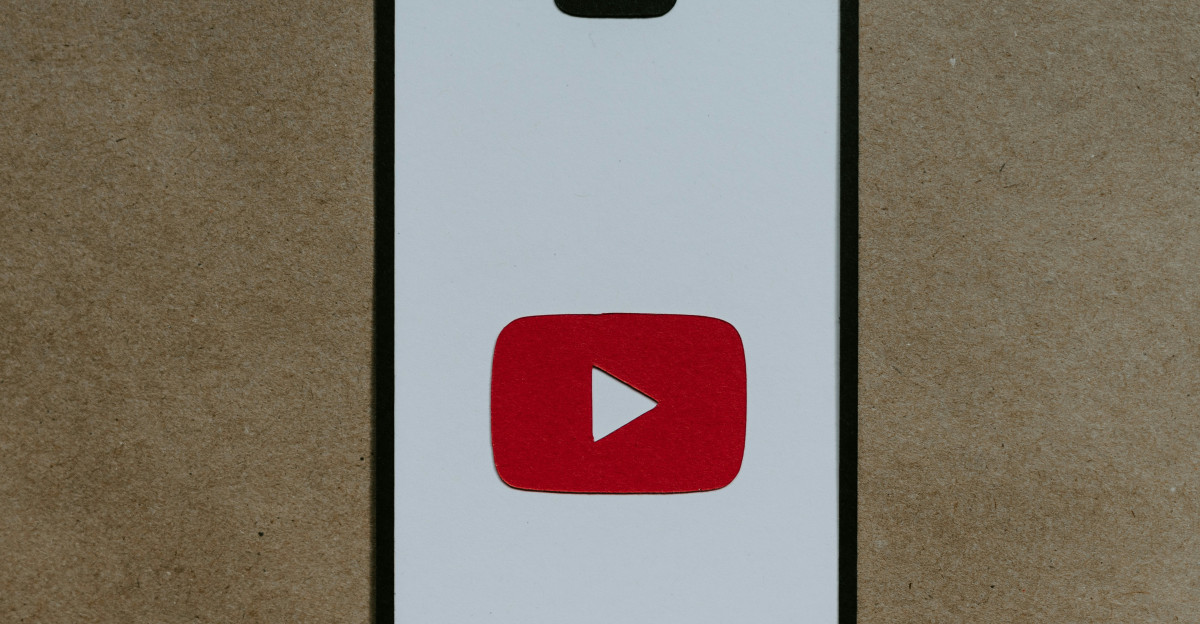
Since the 2016 election cycle, YouTube has struggled to balance free expression with content oversight. The platform faced criticism from multiple directions, both for allowing potentially harmful misinformation and for restricting legitimate political discourse. These challenges intensified during the COVID-19 pandemic and the contentious 2020 election, when new policies targeting what the company deemed “misleading” content were rapidly implemented.
Biden Administration’s Direct Outreach Campaign
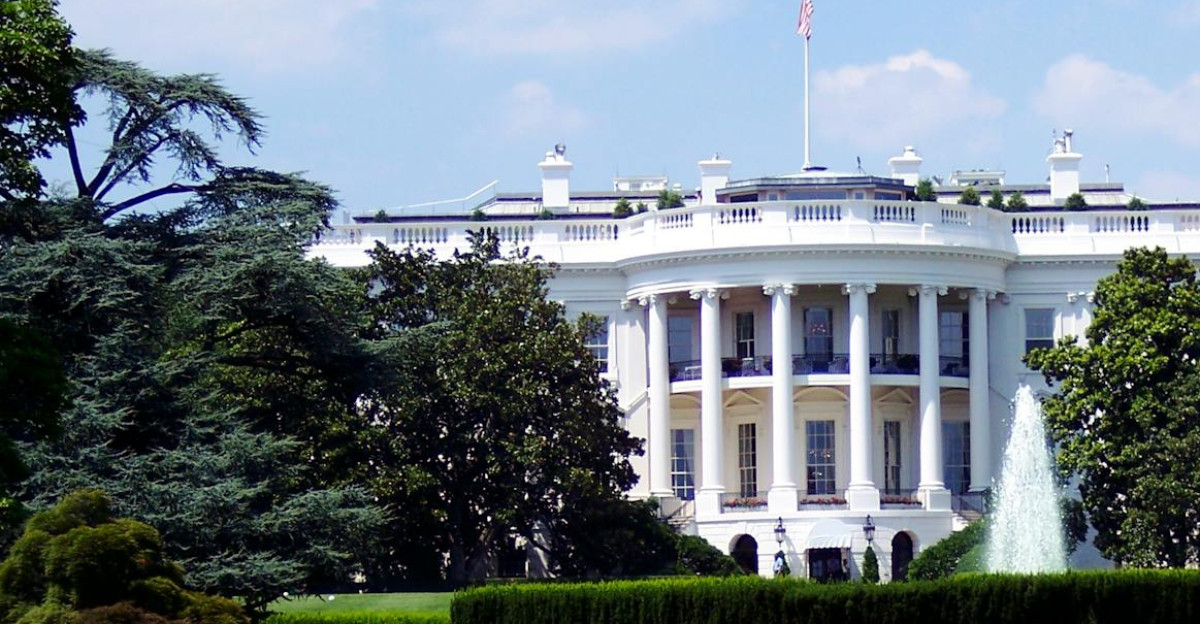
According to recent revelations, the Biden administration’s anti-misinformation efforts included unprecedented direct contact with social media companies. Internal emails and official communications show senior officials repeatedly contacted platforms about content that, in many cases, did not actually violate existing company policies. This sustained outreach created what critics describe as an atmosphere of coercion that pressured tech firms into aggressive content removal.
The Smoking Gun Letter Emerges
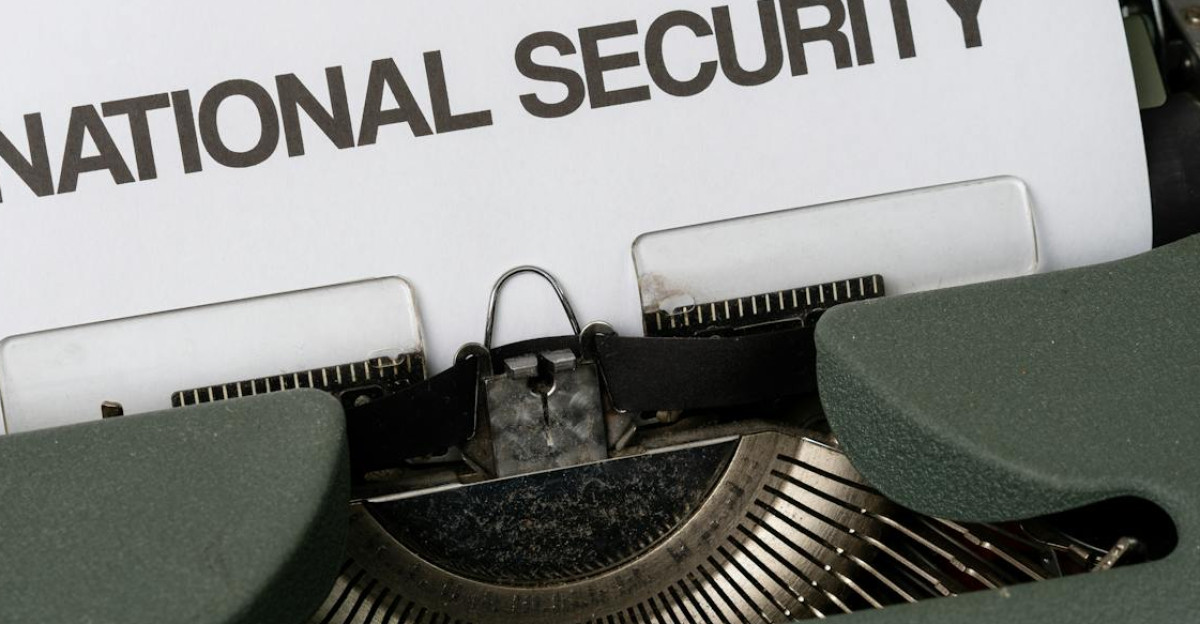
On September 23, 2025, Alphabet delivered a detailed letter to the House Judiciary Committee confirming what many had suspected. The company admitted that senior Biden administration officials “pressed the company regarding COVID-19 content and thousands of election-related videos,” representing the first formal acknowledgment of this pressure campaign from a major tech company.
Massive Scale of Content Removal Revealed
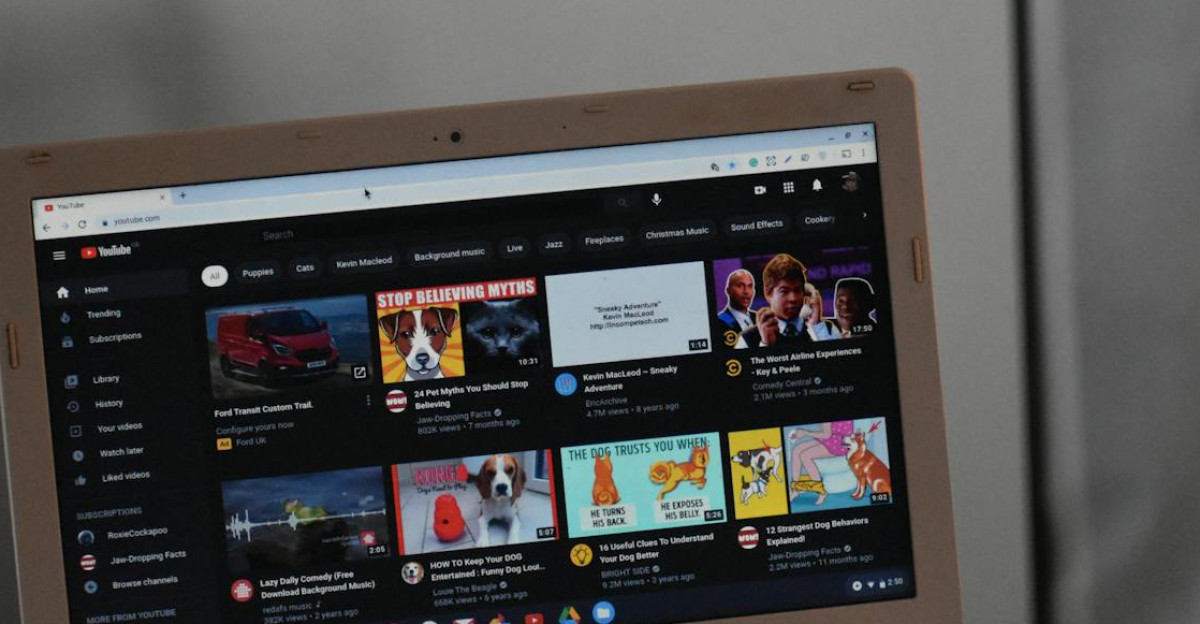
The policies resulted in staggering numbers of removed content and terminated accounts. Reports indicate that thousands of videos were deleted and over 8,000 channels were permanently banned, including high-profile conservative voices like Dan Bongino, Steve Bannon, and Sebastian Gorka. The enforcement actions disproportionately affected conservative creators, sparking ongoing debates about political bias in content moderation.
Creators Describe Financial and Personal Devastation

Banned content creators have spoken out about the’ significant personal and financial toll of their removals. Sean Davis, CEO of The Federalist, captured the sentiment of many affected creators, stating that “Google owes us all damages for what their censorship cost us.” For numerous creators, the bans meant loss of substantial income, audience reach, and professional influence, fueling calls for compensation and platform accountability.
Other Platforms Face Similar Government Pressure

YouTube wasn’t alone in facing administration pressure to moderate content more aggressively. Meta CEO Mark Zuckerberg described Biden officials “screaming” and “cursing” at his team when they resisted content removal requests. The pattern of government outreach extended across multiple platforms, with regulatory scrutiny increasing through subpoenas and legal challenges targeting tech companies’ moderation practices.
The Broader Free Speech Versus Safety Debate
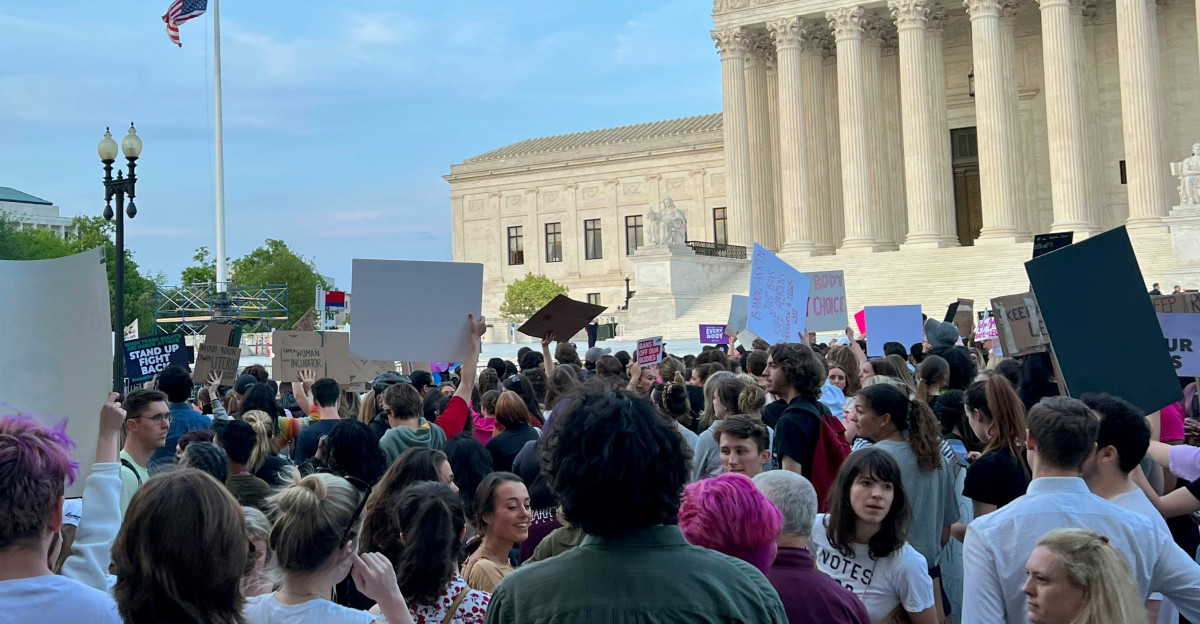
The YouTube controversy highlights the tension between protecting free speech and ensuring public safety online. Platforms continue struggling to define misinformation and enforce policies consistently while governments worldwide push for stricter online content regulation. This ongoing debate raises critical questions about the future landscape of digital speech and who ultimately controls information flow.
YouTube Announces Major Policy Reversal
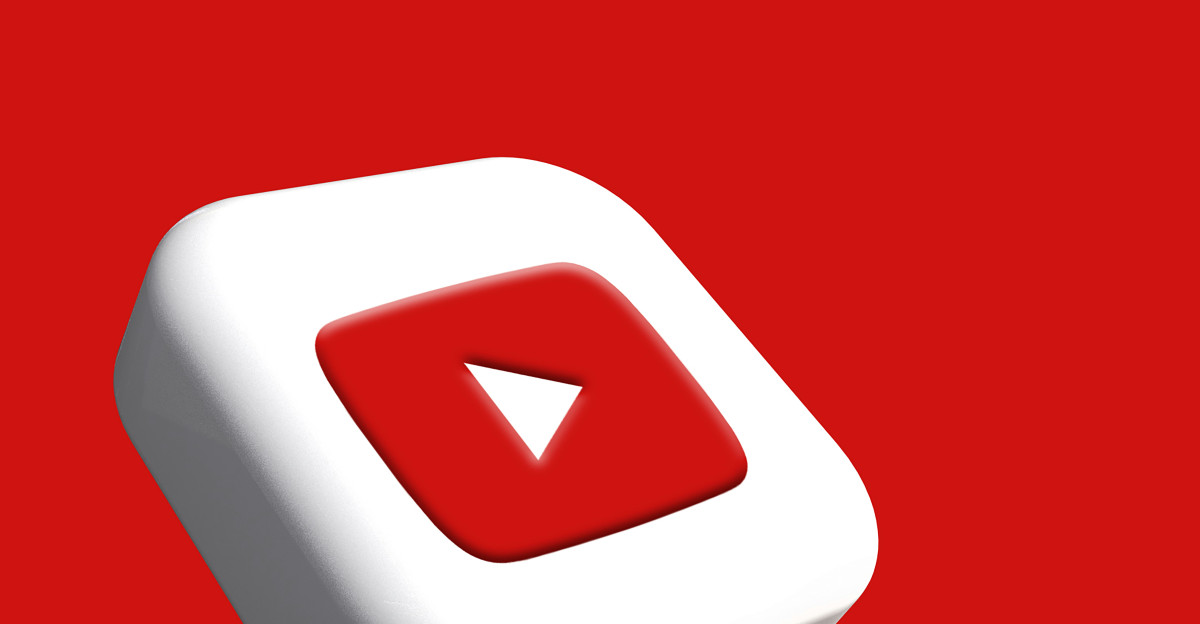
In a significant shift, YouTube announced it will allow previously banned channels to apply for reinstatement if they were terminated under COVID-19 and election integrity policies that are no longer active. This policy reversal signals a new approach to content moderation and reflects the company’s commitment to supporting free expression on its platform.
Internal Company Tensions Come to Light
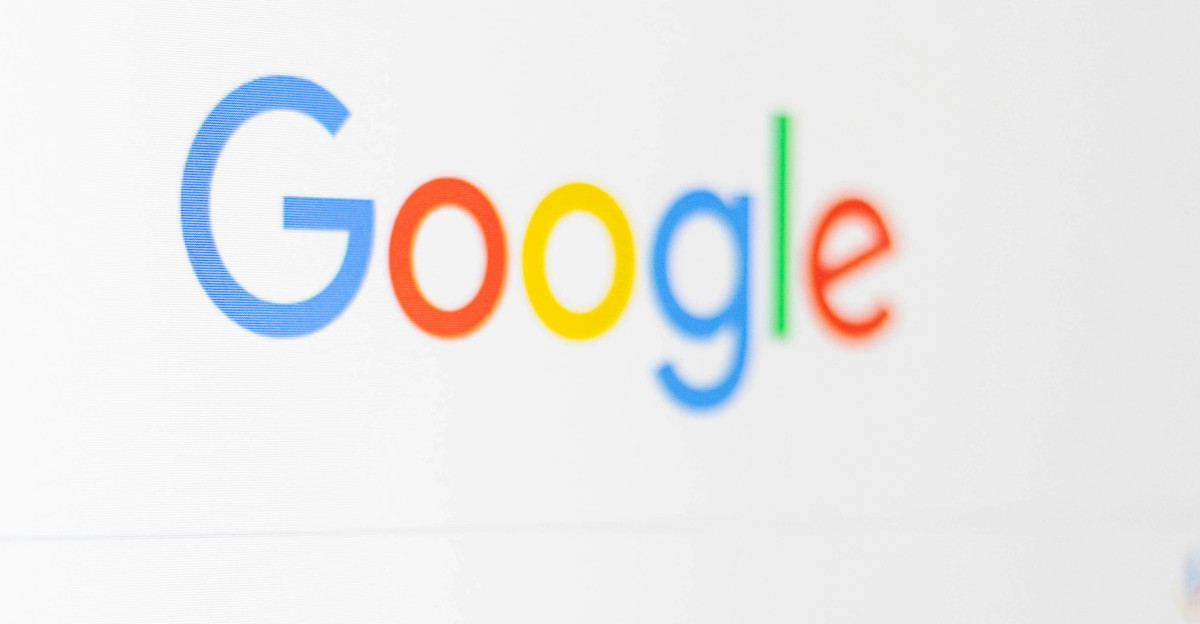
Alphabet’s letter revealed internal disagreements over how to respond to government requests for content removal. Company officials acknowledged they “went too far” in some instances, removing content that did not violate platform policies. This admission reflects ongoing tension between legal compliance concerns and protecting open debate on critical public issues.
Leadership Reviews and Policy Reassessments

The controversy has prompted comprehensive leadership reviews within Alphabet and YouTube, with executives reassessing moderation strategies and public communications approaches. The company’s legal and policy teams now play expanded roles in decisions involving government requests and user appeals, representing a structural shift in how such matters are handled internally.
Reinstatement Process Begins for Banned Creators

YouTube’s offer to reinstate previously banned channels represents a broader trust-rebuilding effort with its creator community. The company reviews past enforcement actions comprehensively and updates its appeal processes. Creators who lost their channels can now apply for reinstatement, though specific criteria and timelines for the process remain under development.
Skepticism About Platform Commitments
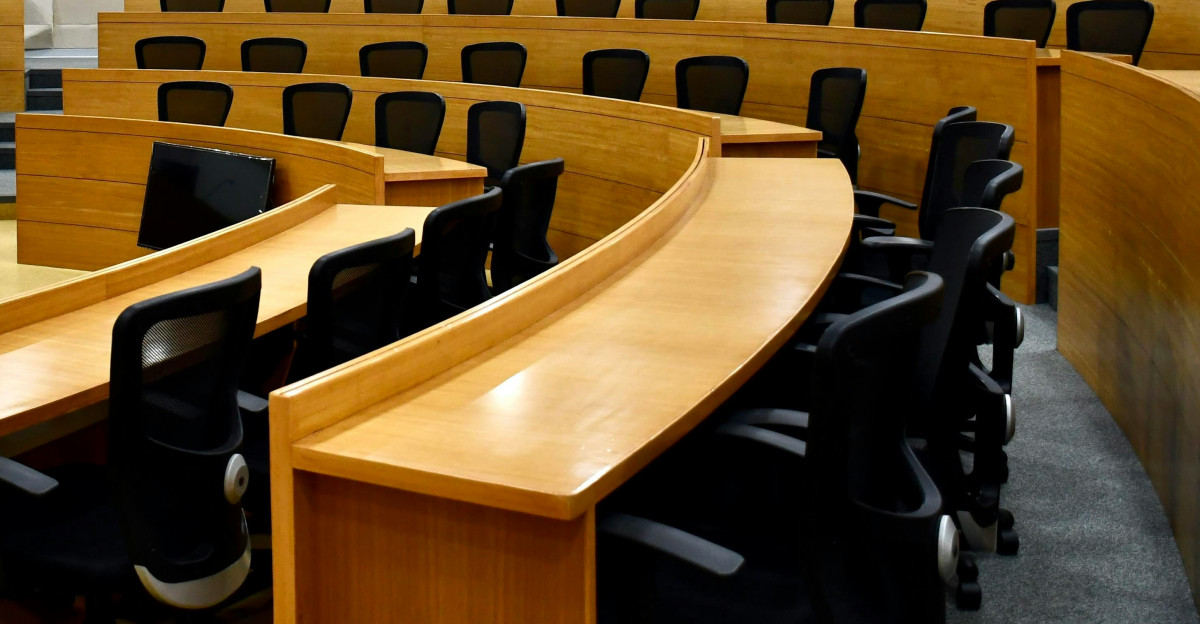
Despite YouTube’s policy changes, many experts remain doubtful about the platform’s long-term commitment to protecting free expression. Critics argue that these policy reversals may prove insufficient and question whether platforms will resist similar government pressure in the future. Legal scholars warn that the precedent established could have chilling effects on speech across the tech industry.
Uncertain Future for Content Moderation

The episode raises fundamental questions about content moderation’s future direction. Will platforms develop clearer, more consistent standards for handling government requests, or will political influence continue shaping moderation decisions? Lawmakers and free speech advocacy groups are closely monitoring YouTube’s implementation of new policies and considering potential regulatory reforms.
Political Backlash from Multiple Directions
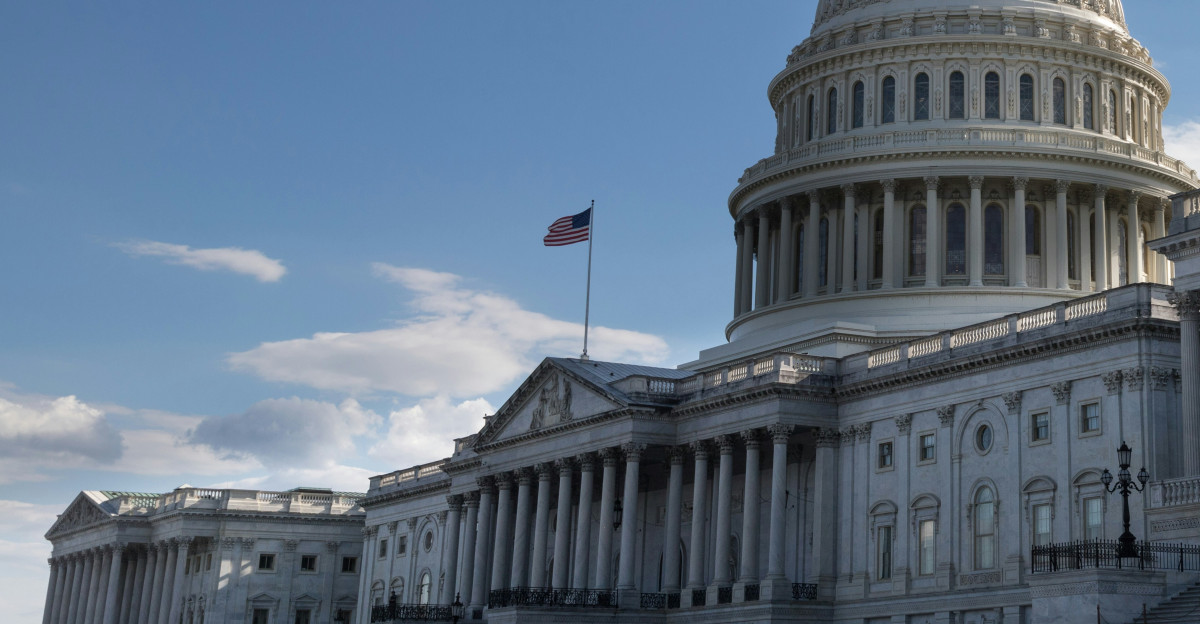
The Biden administration faces criticism from across the political spectrum regarding its content moderation pressure campaign. Supporters defend the administration’s efforts as necessary for protecting public health and democratic institutions. Critics argue the pressure campaign constituted unconstitutional censorship that violated fundamental First Amendment principles, with the debate likely to intensify as we approach the 2026 elections.
International Implications of U.S. Actions
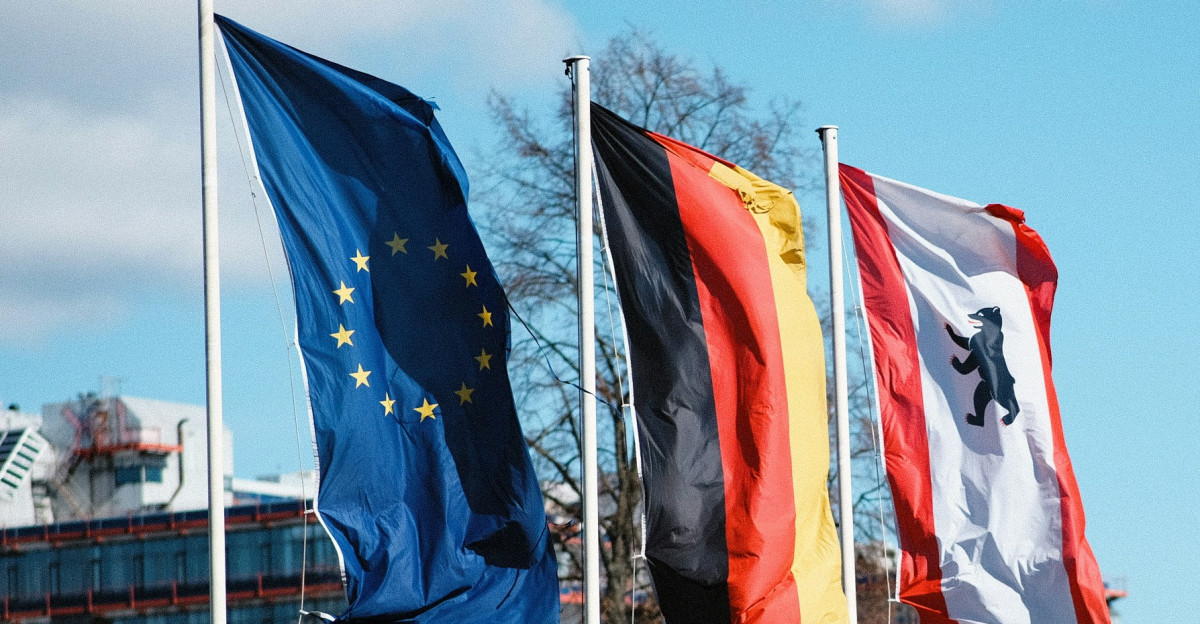
Other countries are closely watching developments in the United States as they craft their tech regulation policies. European regulators have proposed increasingly strict rules governing online speech, while some governments cite the U.S. precedent as justification for their content moderation interventions. The global conversation about appropriate tech regulation is accelerating rapidly.
Legal Challenges Shape Future Precedent
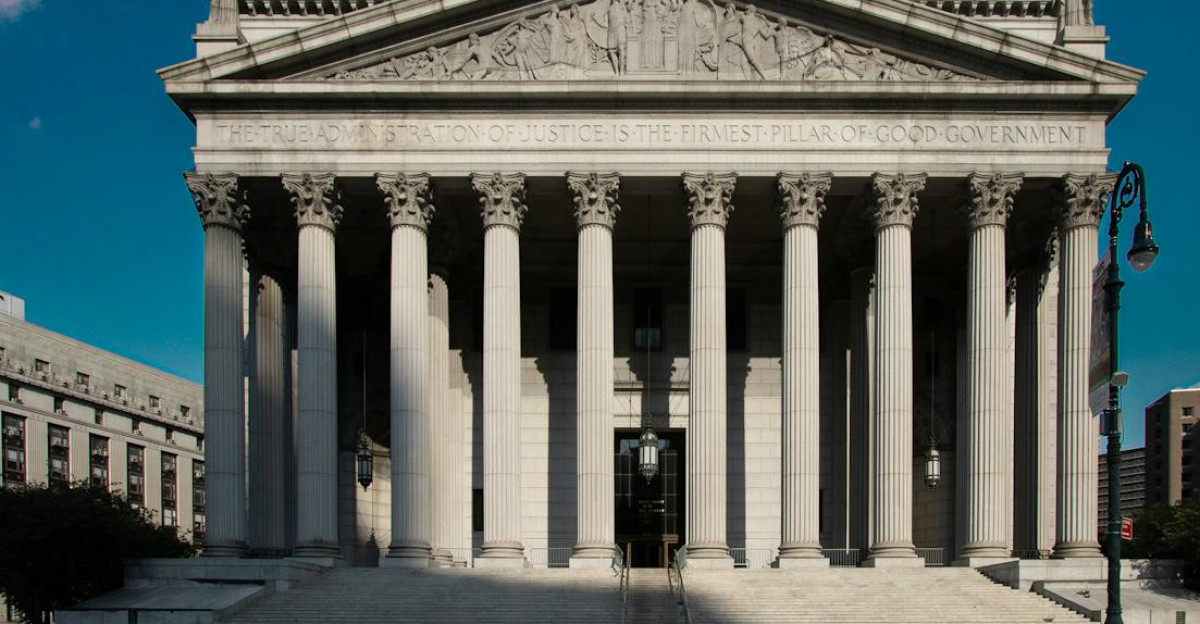
The content moderation controversy has generated significant litigation, with lower courts generally siding with plaintiffs who argued that federal officials improperly pressured companies to censor protected speech. While the Supreme Court declined to rule on the merits in recent cases, ongoing litigation could fundamentally reshape the legal framework governing tech platform moderation practices.
Cultural Attitudes Toward Online Speech Evolving

Public opinion about online speech regulation continues evolving along generational and political lines. Younger users tend to favor more open platforms with minimal content restrictions, while others prioritize safety measures and information accuracy. The YouTube case reflects broader cultural debates about who should have ultimate authority over information in the digital age.
A Turning Point in Government-Tech Relations

The Alphabet admission represents a watershed moment in the relationship between government and technology companies. As platforms reconsider past content decisions and update their policies, the fundamental boundaries of acceptable online speech are being redrawn. The outcome will shape YouTube’s future operations and the broader trajectory of digital discourse and free expression online.